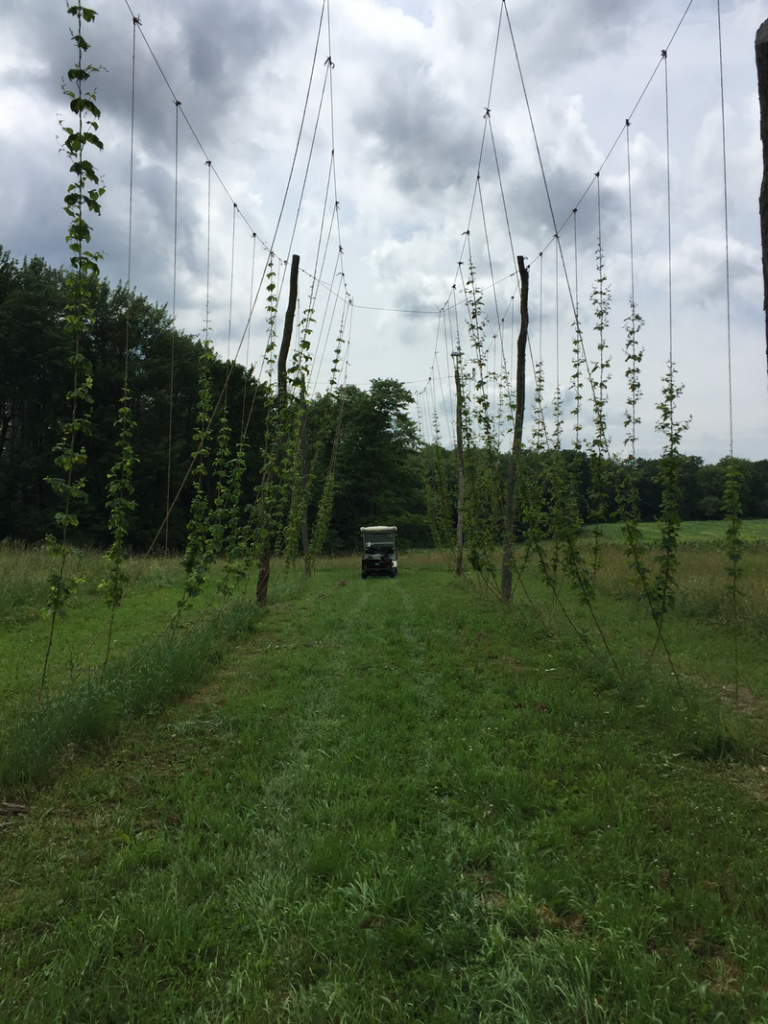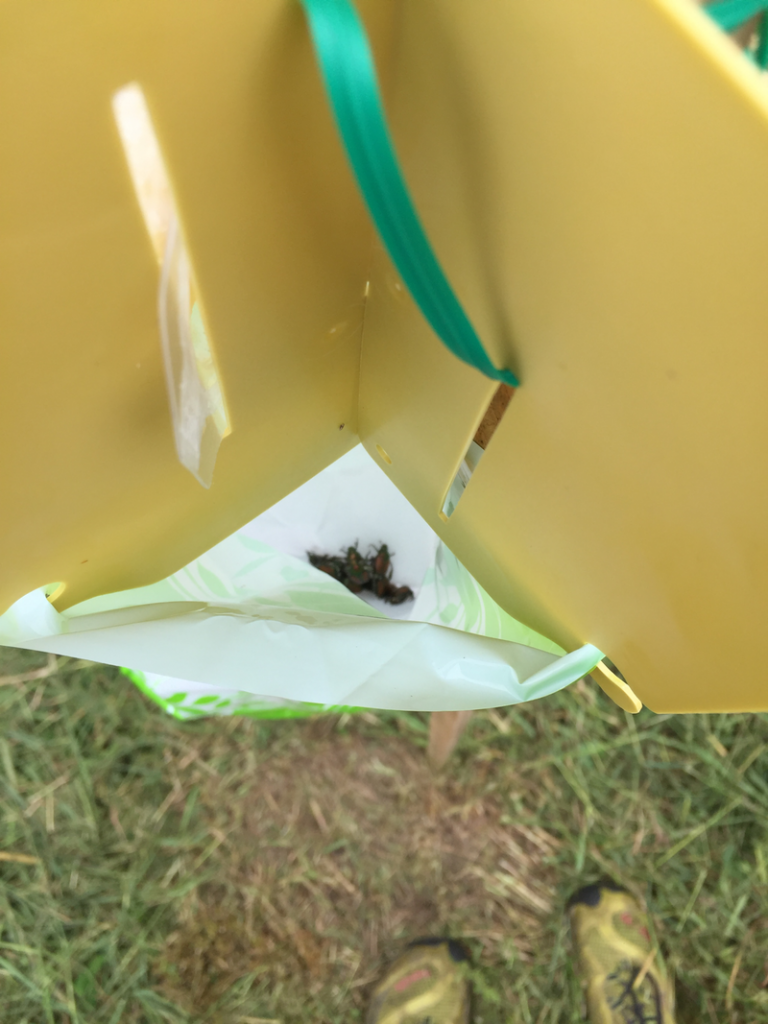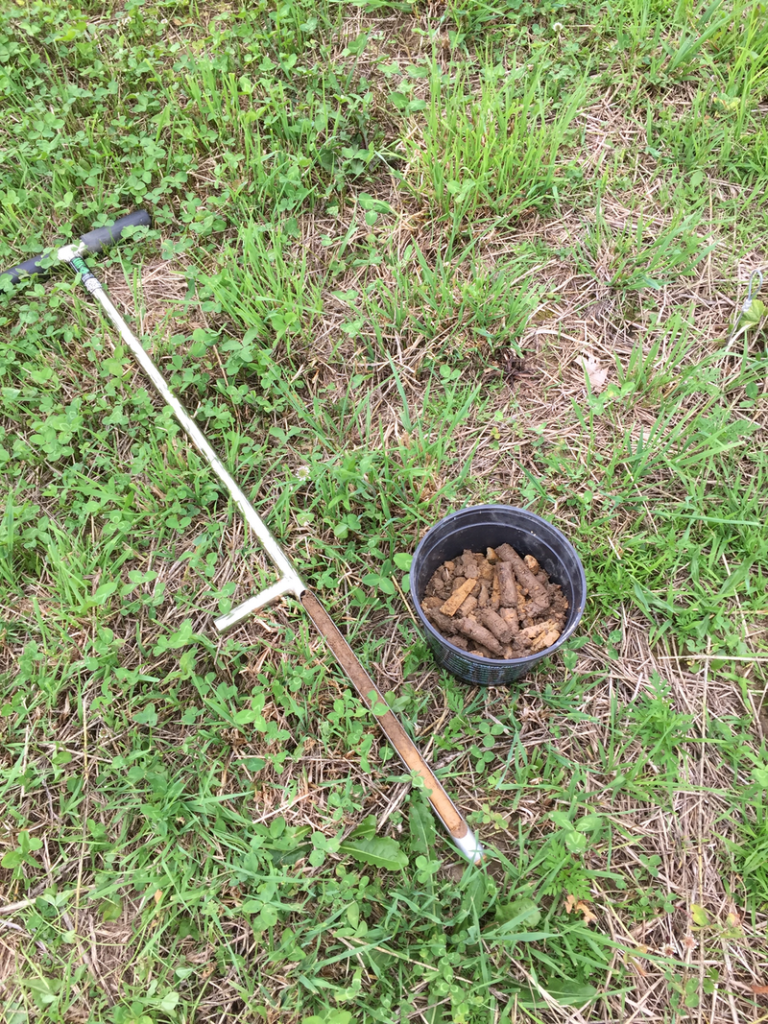A Certified Naturally Grown Farm - Saint Marys, Pennsylvania
“Test, Test…Check 1,2…Is This Thing On?”

Ok, this post has nothing to do with an on-stage performance or mic check. It’s in regards to soil and petiole (leaf stem) testing for our soils and hops respectively. When I was trying to think of a clever title for this week’s post in regards to soil testing, I couldn’t help but think of the many parodies of the classic mic check. Sorry…sophomoric moment now complete and let’s move on shall we?!

Soil and petiole tests should be a part of every hop farmer’s regime. We have done soil samples every year, this is our first year doing petiole tests given our expansion with the larger yard. It’s important to track over time what nutrients may be lacking in your crops. It allows you to adjust and tweak your nutrient management, as well as your insect pest management plan as a weakened plant is more susceptible to damage by insects. Additionally in the smaller, more mature yard, where there is more robust growth, as is standard practice we trimmed up the bottom 2 feet of the bines. This allows more air to flow through the yard, reduces the level of humidity in the yard and focuses more growth on the sidearms where the hops cones are forming.

Additionally it was also time to place our Japanese beetle traps. These little fellas can do a number on the leaves of the hops and we’ve been pretty religious about placing them out before the beetle show up in force. And no sooner did I begin putting these out, then they began a slow, steady stream of these creatures!

To ensure we’ve laid the proper nutrient ground work…and continue to do so…for the existing hopyards as well as another go at small grains, we took soil samples and will be sending those off for assessment. I can foresee still a fair amount of work ahead to get us to where we want to be on soil nutrient levels, irrigation (fertigation in particular) and the like, and these types of test will help us get there!

